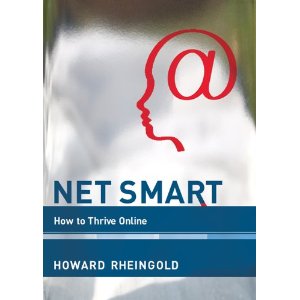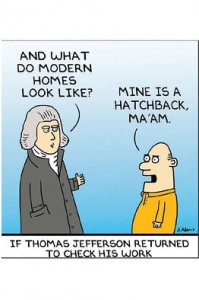
26 November 2011
Robert,
Not surprisingly your feelings about CIA [Robert Steele: Iran Arrests Twelve CIA Agents] have been echoed by Bob Baer whose principal area of operations was the Levant. As in this ABC interview: Former CIA Agent: U.S. Has Lost Its Spy Mojo [includes short video]
“But former senior CIA officer Robert Baer told ABC News this week that the loss of assets was more than a mere setback, and not an isolated incident but part of a disturbing pattern.
“When you lose your entire station, either in Tehran or Beirut, that's a catastrophe,” said Bob Baer, a legendary CIA agent whose Middle East exploits were fictionalized in the George Clooney film “Syriana.” Baer said the disaster was due in part to a new generation of agents that has forgotten, or never learned, the traditional methods of intelligence gathering.
“They don't understand tradecraft,” Baer said. “And we have lost our touch in espionage.”” (Emphasis mine)
Continue reading “Richard Wright: More on CIA's Continuing Implosion”








